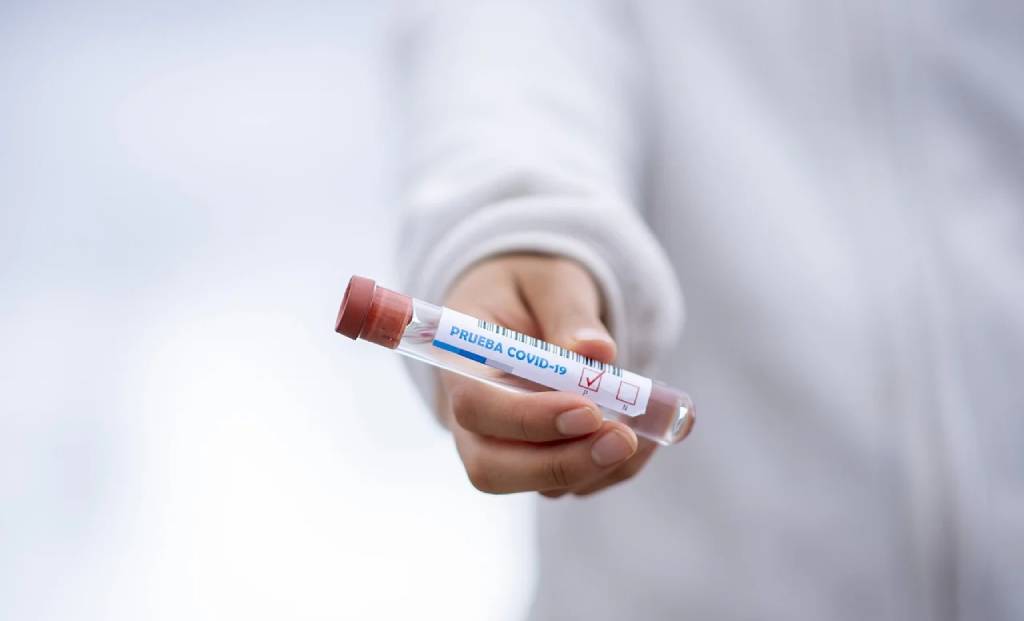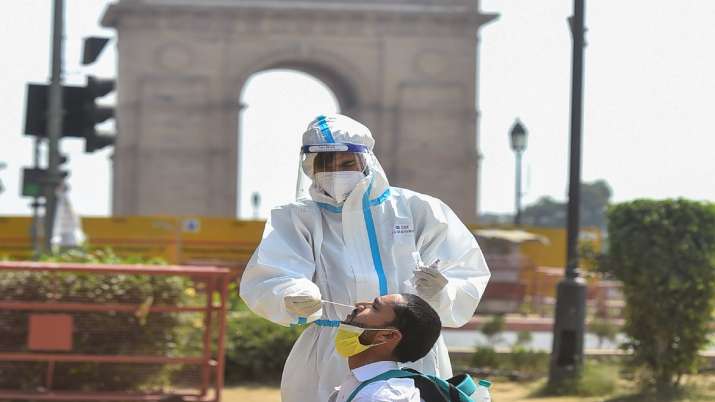There are chances that you may be tested positive for COVID-19 even after 10 days of the quarantine period. The new study, conducted by the University of Exeter in the United Kingdom, tried to find out whether the coronavirus still remains active. They used a newly-adopted test for this study. The researchers applied this to 176 samples in Exeter who were tested positive on standard PCR tests. The study found that around 13 per cent of people under the study still exhibited clinically-relevant levels of coronavirus even after 10 days. This means they could potentially still be infectious. The study has now been published in the International Journal of Infectious Diseases.
Researchers also found that there were some patients retained these levels for up to 68 days or more than two months. The team involved in the test believed that the new test is important in those scenarios where people are more vulnerable. They said the new test can stop the spread of COVID-19.
“While this is a relatively small study, our results suggest that potentially active viruses may sometimes persist beyond a 10 day period, and could pose a potential risk of onward transmission. Furthermore, there was nothing clinically remarkable about these people, which means we wouldn’t be able to predict who they are,” said Professor Lorna Harries, of the University of Exeter Medical School.
It must be noted that conventional PCR tests detect the presence of viral fragments to give results. These tests are done to find out whether someone recently had the virus, it cannot detect whether the virus is still in the active stage and the person is infectious.
The test detects coronavirus only when it is an active state and potentially capable of onward transmission.
“In some settings, such as people returning to care homes about illness, people continuing to be infectious after ten days could pose a serious public health risk. We may need to ensure people in those settings have a negative active virus test to ensure people are no longer infectious. We now want to conduct larger trials to investigate this further,” lead author Merlin Davies, from the varsity, said.











